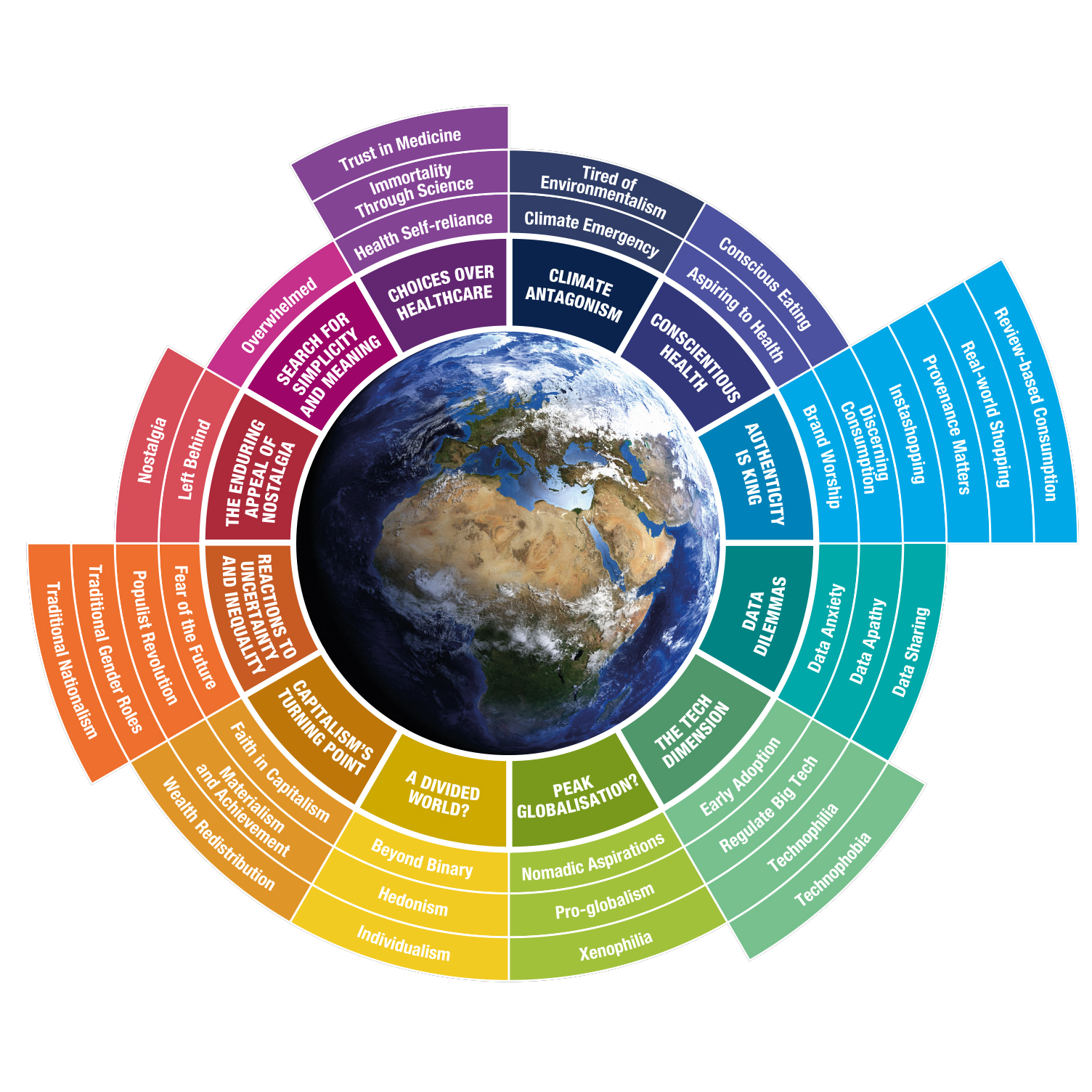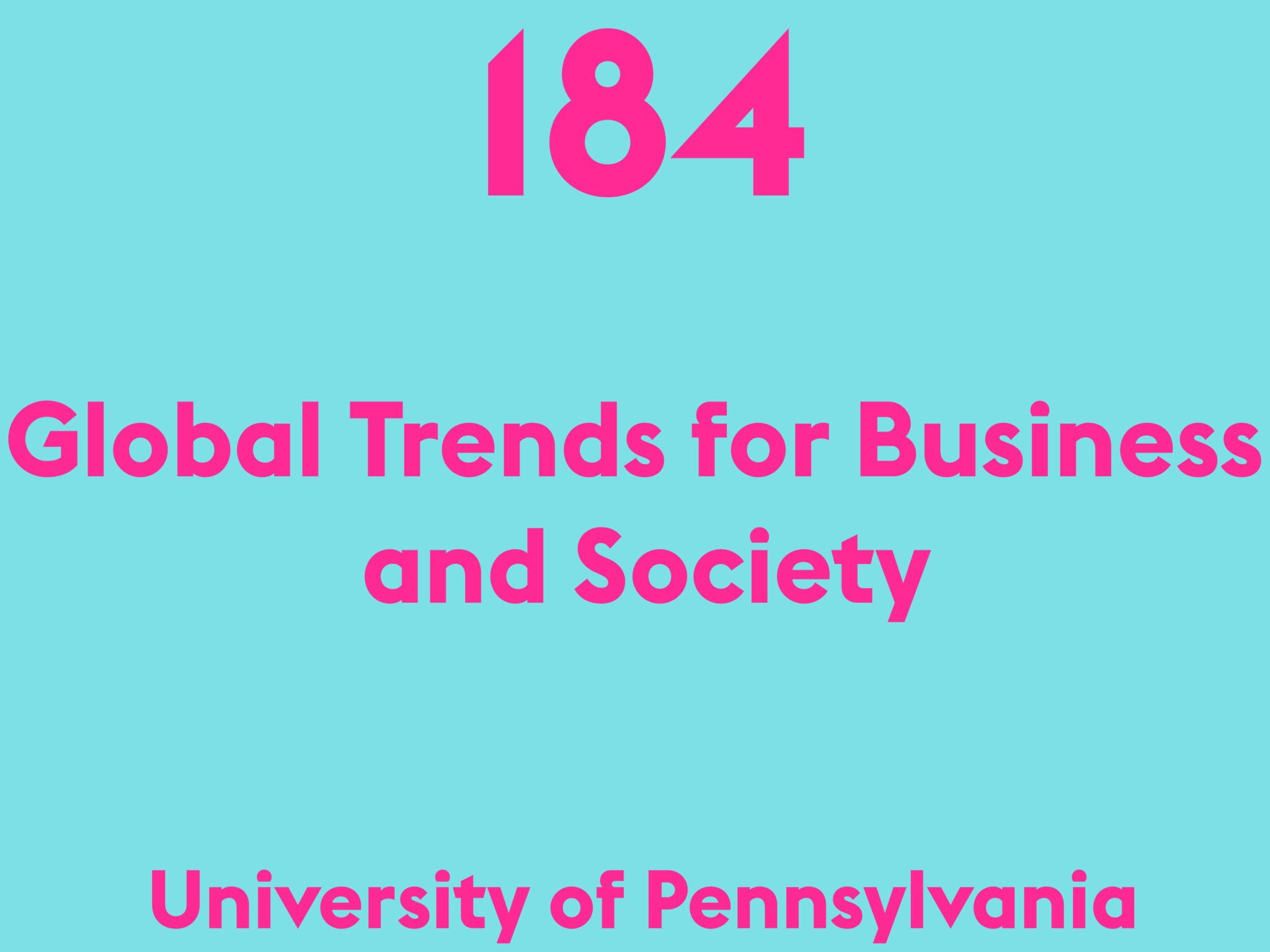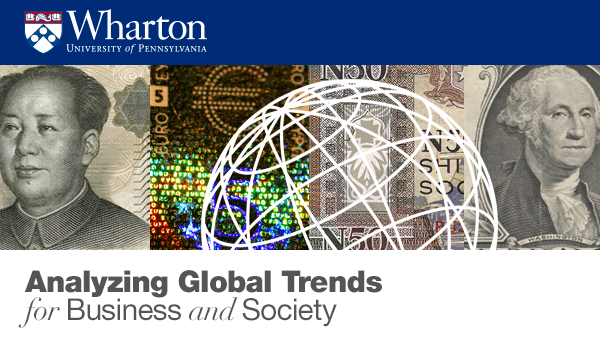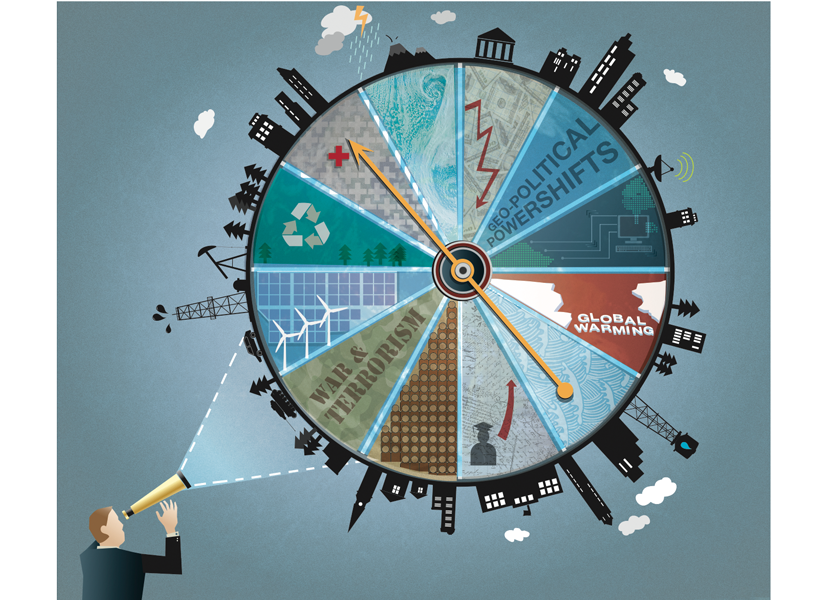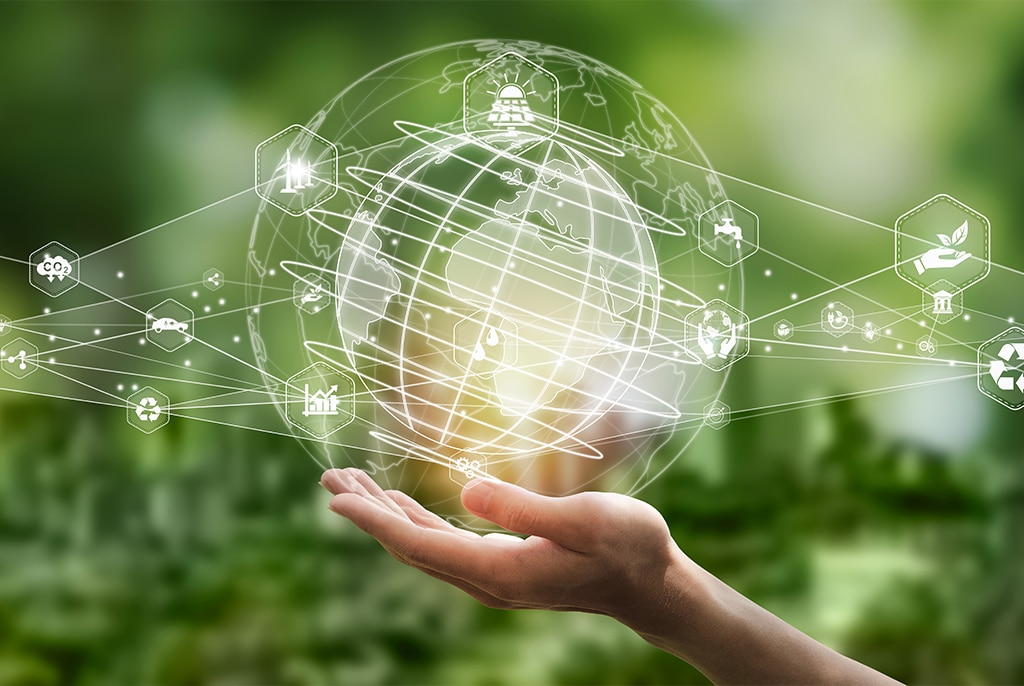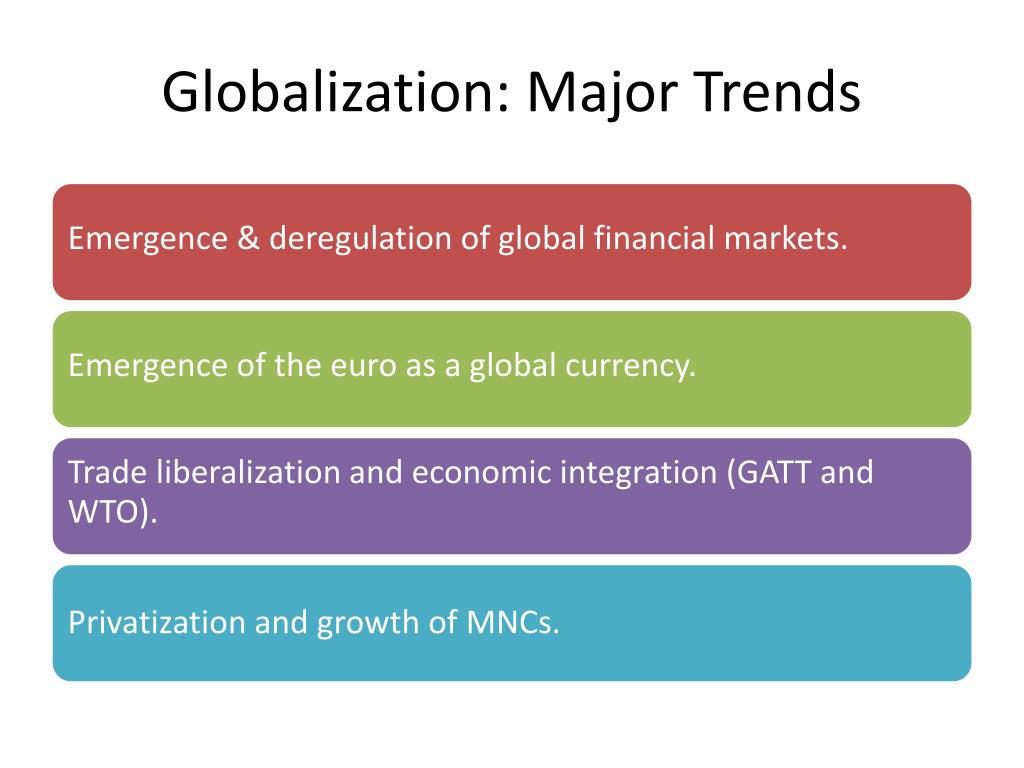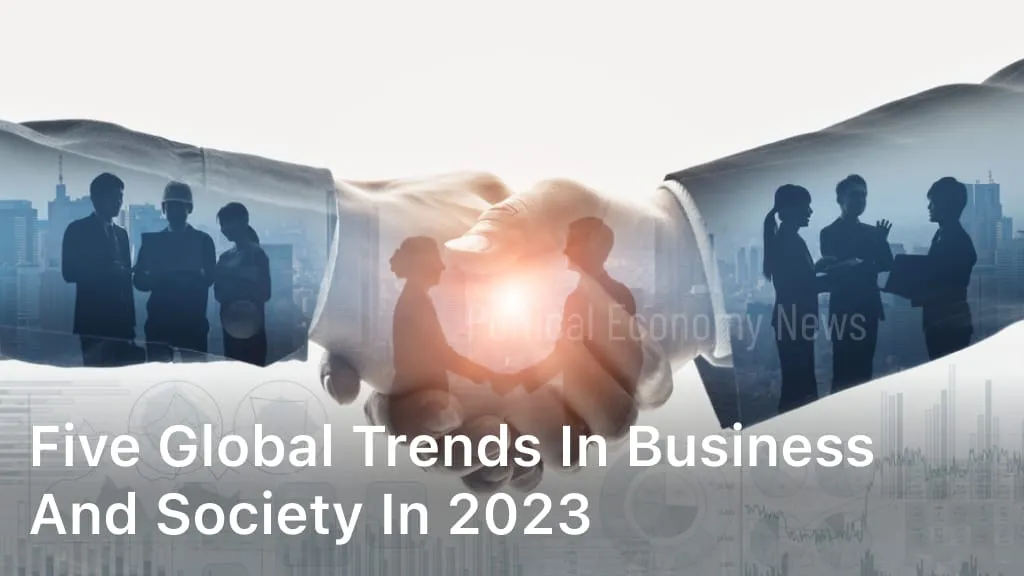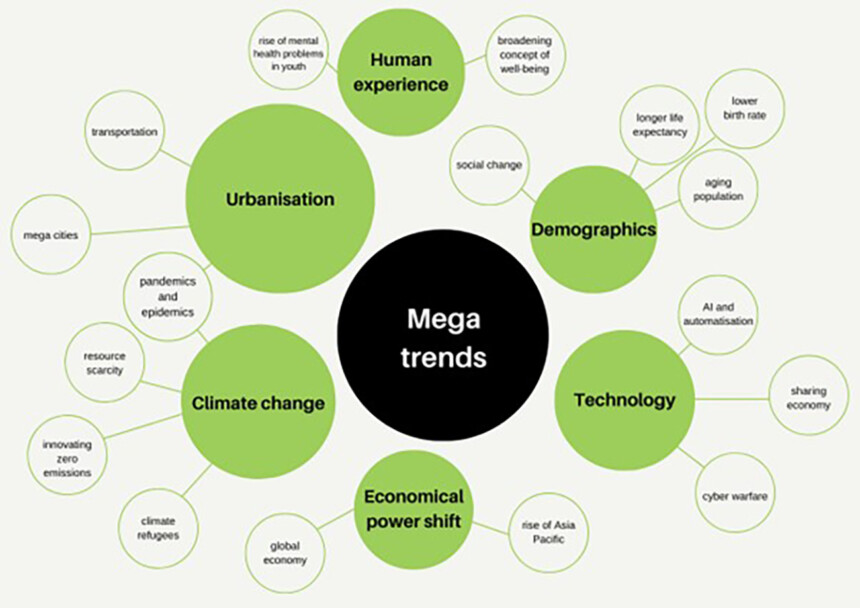Global Trends For Business And Society

The world is in constant flux, and businesses and societies alike are navigating a complex landscape of emerging trends. From the rapid advancement of artificial intelligence to the growing urgency of climate action, these shifts are reshaping industries, influencing consumer behavior, and demanding new approaches to governance and social responsibility.
Understanding these global trends is no longer a luxury, but a necessity for businesses seeking to remain competitive and for societies striving for sustainable and equitable futures. This article explores some of the most significant forces at play, examining their implications and potential impact on the world stage.
Technological Disruption: AI and Automation
The relentless march of technology continues to be a defining force. Artificial intelligence (AI) and automation are transforming industries, promising increased efficiency and productivity.
However, this progress also raises concerns about job displacement and the need for workforce retraining. According to a 2023 report by the World Economic Forum, AI could create 97 million new jobs by 2025, but also displace 85 million, highlighting the need for proactive adaptation strategies.
The Climate Imperative: Sustainability and ESG
The urgency of addressing climate change is undeniable, driving a surge in demand for sustainable practices and Environmental, Social, and Governance (ESG) investing.
Consumers are increasingly demanding environmentally friendly products and services, while investors are scrutinizing companies' ESG performance. A recent study by Morgan Stanley found that sustainable investing strategies are now a mainstream consideration for investors, demonstrating a clear shift towards prioritizing companies with strong environmental and social credentials.
Demographic Shifts: Aging Populations and Urbanization
Significant demographic changes are also shaping the global landscape. Many developed countries are facing aging populations, leading to concerns about workforce shortages and increased healthcare costs.
Simultaneously, urbanization continues apace, with more people migrating to cities in search of economic opportunities. The United Nations projects that by 2050, 68% of the world's population will live in urban areas, creating both opportunities and challenges for infrastructure development and resource management.
Geopolitical Instability: Conflict and Trade Wars
Geopolitical instability remains a persistent concern, with ongoing conflicts and trade wars disrupting supply chains and creating economic uncertainty.
The Russia-Ukraine war, for example, has had a significant impact on global energy markets and food security. Similarly, trade tensions between the United States and China continue to create uncertainty for businesses operating in those regions.
Evolving Consumer Behaviors: Personalization and Digitalization
Consumer behaviors are constantly evolving, driven by technological advancements and changing social values. Personalization is becoming increasingly important, as consumers expect tailored experiences and products that meet their individual needs.
The rise of e-commerce and digital platforms has also transformed the retail landscape, with consumers increasingly shopping online. According to a Statista report, global e-commerce sales are projected to reach $7.4 trillion by 2025, highlighting the growing importance of digital channels for businesses.
The Rise of the Metaverse: A New Frontier
The metaverse, a persistent, shared, 3D virtual world, is gaining traction as a new frontier for business and social interaction.
Companies are exploring the metaverse for various applications, including virtual events, marketing campaigns, and employee training. While the metaverse is still in its early stages, it has the potential to revolutionize how people interact with technology and with each other.
Navigating the Future: Adaptation and Resilience
In conclusion, businesses and societies are facing a complex and rapidly changing world. The key to navigating these challenges lies in adaptation and resilience.
By understanding these global trends and proactively adapting to them, organizations can position themselves for success in the future. This requires embracing innovation, fostering collaboration, and prioritizing sustainability and social responsibility.
Ultimately, the future belongs to those who are willing to embrace change and build a more equitable and sustainable world. The ability to anticipate and adapt to these trends will determine the winners and losers in the years to come, shaping the future of business and society for generations.


